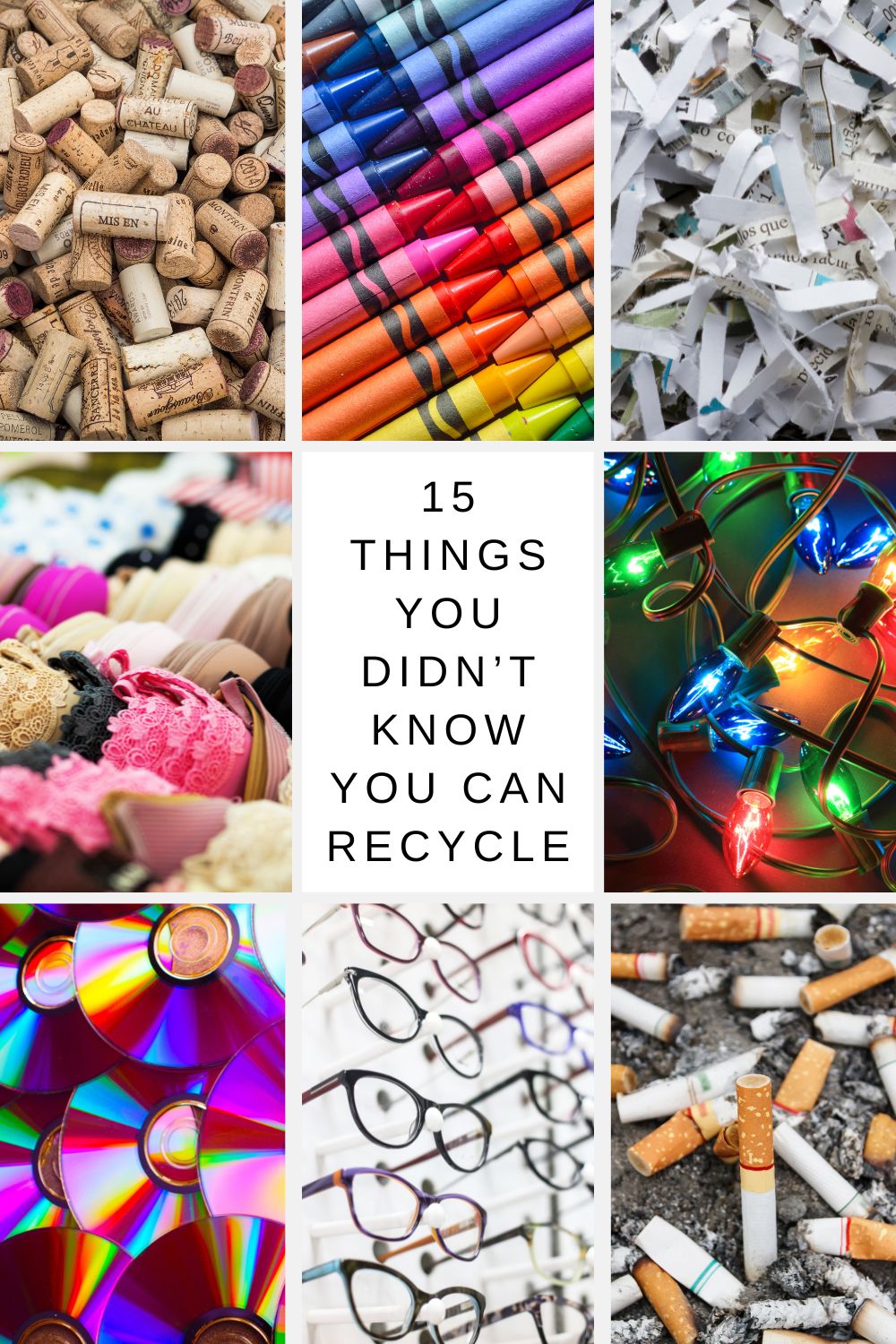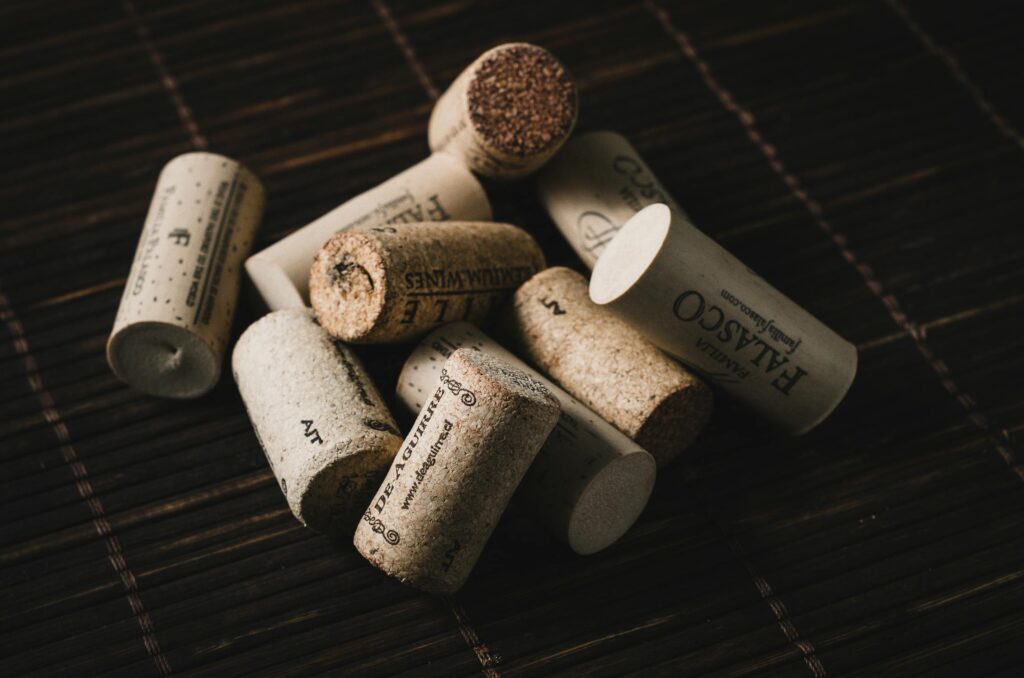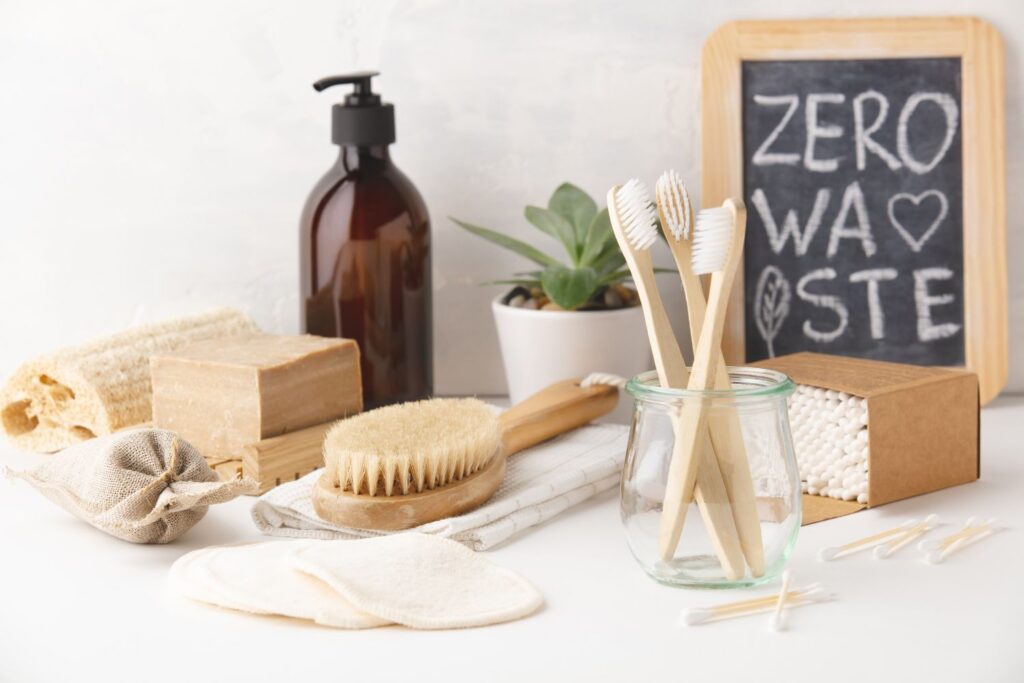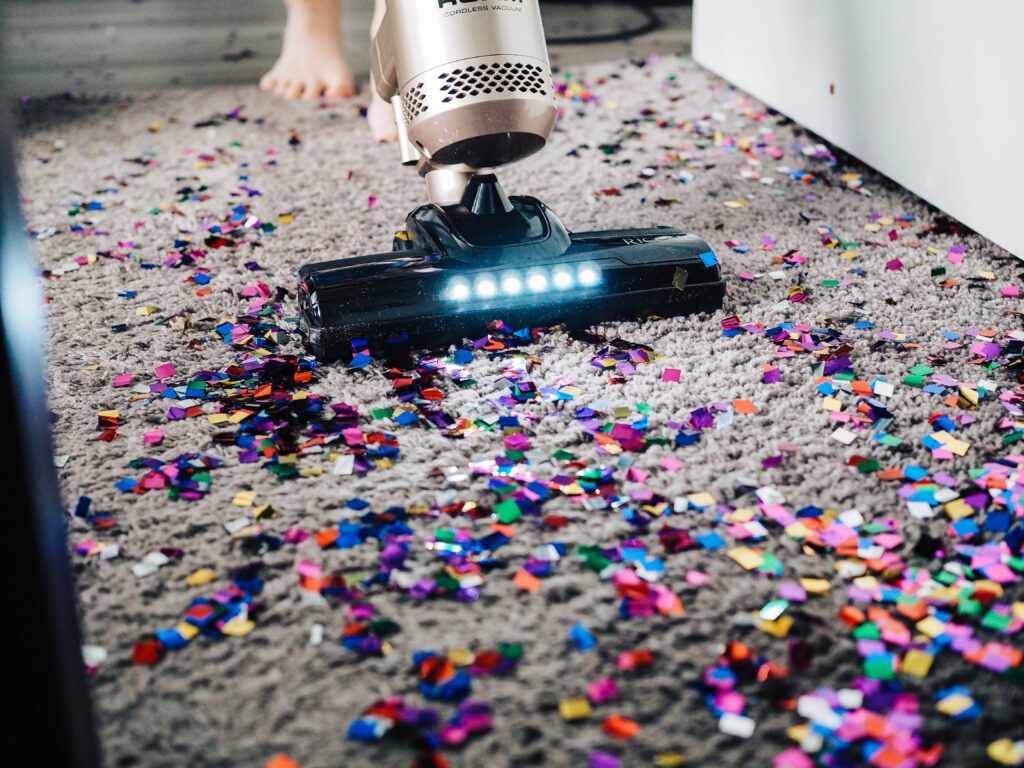
Recycling has come a long way from the days when it was limited to paper, glass, and aluminum cans. Today, recycling programs and innovative companies are making it easier to recycle items that might surprise you.
15 Things You Didn’t Know You Can Recycle
Here are some unexpected things you didn’t know you can recycle and how to do it.
1. Old Bras
Yes, your old bras can be recycled! Organizations like The Bra Recyclers accept gently used bras and redistribute them to women in need or recycle the materials. Some retailers also have drop-off programs to turn bras into materials for new products.
2. Used Crayons
Crayons are often tossed out once they’re broken or too short to use. Programs like the National Crayon Recycling Program melt down old crayons to create new ones, reducing waste and providing a fun way to repurpose art supplies.
3. Wine Corks
Natural cork is biodegradable, but you can also recycle it! Companies like ReCORK turn wine corks into products such as flooring tiles and shoe soles. Many wine shops and grocery stores have collection bins for used corks.
4. Dental Products
Old toothbrushes, toothpaste tubes, and floss containers can be recycled through programs like TerraCycle. Some dental offices even partner with these programs to collect used dental care items.
5. Running Shoes
Worn-out running shoes don’t have to end up in the landfill. Brands like Nike have recycling programs where shoes are ground down to create materials for playground surfaces, tracks, and new footwear.
6. CDs and DVDs
While digital media has largely replaced CDs and DVDs, you may still have stacks of them lying around. Companies like GreenDisk specialize in recycling electronic media, turning discs into reusable materials for new products.
7. Mattresses
Most people don’t realize that up to 90% of a mattress’s materials can be recycled. Specialized recycling centers disassemble mattresses to reclaim metal springs, foam, and fabric.
8. Pet Fur
Did you know your pet’s fur can be recycled? Organizations like Matter of Trust collect fur to create mats and booms that help clean up oil spills. It’s a natural and effective solution for environmental disasters.
9. Eyeglasses
Old prescription glasses and sunglasses can be recycled and donated to people in need through programs like Lions Clubs International’s Recycle for Sight program that distributes free eyeglasses to the needy. Many optometrists also have drop-off boxes.
10. Cigarette Butts
Cigarette butts are a significant source of litter, but they can be recycled. TerraCycle accepts cigarette waste and transforms it into plastic pellets for industrial use. Some local programs also collect them for specialized recycling.
11. Holiday Lights
Broken or outdated holiday lights can be recycled for their copper and plastic. Many municipal recycling centers accept them, or you can use mail-in programs from organizations like HolidayLEDs.
12. Shredded Paper
While shredded paper often can’t be recycled curbside due to its small size, many local recycling centers accept it if it’s bagged properly. It’s also great for composting.
13. Silica Gel Packets
Those little packets that come with shoes and electronics can be reused or recycled. Companies like TerraCycle accept them, and they’re also handy for keeping items dry in storage.
14. Cosmetic Containers
Empty cosmetic containers, including lipstick tubes, mascara wands, and compacts, can often be recycled. Programs like Pact Collective and some brand-specific initiatives, such as those from L’Oréal and MAC, accept these items for proper recycling.
15. Cereal Box Liners
Many cereal box liners are made of a type of plastic that can be recycled. Check the packaging for a recycling symbol or inquire with your local recycling program to see if they’re accepted.
How to Start Recycling Uncommon Items
If you’re unsure where to recycle these items, start with these tips:
- Check Local Programs: Many cities have special recycling programs for items like electronics, mattresses, and more.
- Use Mail-In Services: Companies like TerraCycle offer mail-in options for hard-to-recycle items.
- Look for Drop-Off Locations: Retailers often have in-store recycling bins for specific items like eyeglasses, bras, and wine corks.
- Research Specialty Programs: Organizations like Habitat for Humanity accept materials such as furniture and construction waste.
By expanding your recycling efforts to include these lesser-known items, you can reduce waste, conserve resources, and contribute to a healthier planet.





